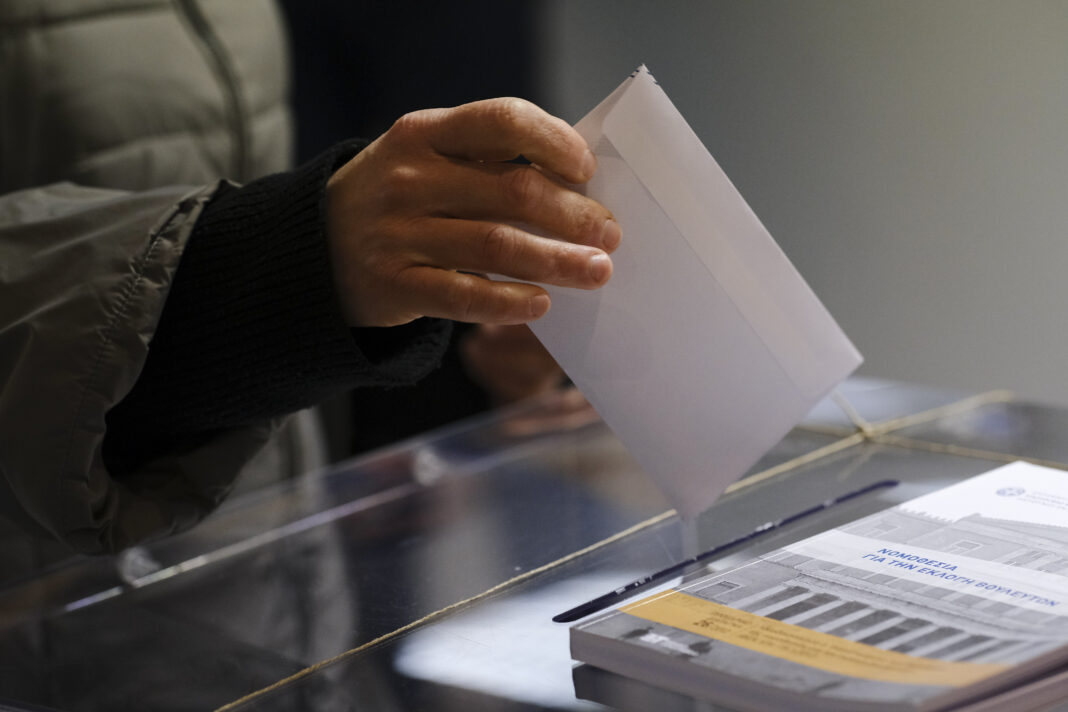Germany’s 2025 federal election has not only reshaped the country’s political landscape but will also impact the daily lives of its citizens in many ways. From shifts in economic policies to changes in immigration laws and even how cities function, the election results signal a new era. But what does it mean for ordinary people—the commuters, business owners, families, and students? Let’s break it down.
1. A New Chancellor, A New Direction
After 16 years of Angela Merkel’s leadership and four years of Olaf Scholz’s SPD-led government, Germany is set to have a new conservative chancellor—most likely Friedrich Merz from the CDU/CSU alliance. A change in leadership always brings adjustments, and Merz has positioned himself as a pro-business leader who wants to reinvigorate Germany’s economy.
For everyday Germans, this could mean lower taxes for middle-income earners, a shift away from heavy state intervention, and policies that support traditional industries like manufacturing and finance. Small businesses might see fewer regulations, while workers could see changes in labor laws. But will this mean job growth or greater economic uncertainty? That remains to be seen.
2. The Rising Influence of the AfD: Will Life Change in Eastern Germany?
One of the biggest surprises of this election was the historic surge of the far-right Alternative for Germany (AfD), which secured over 20% of the national vote and became the second-largest party. In Eastern Germany, the AfD’s dominance is even more striking, with some regions giving them over 40% support.

For residents of cities like Dresden, Leipzig, and Chemnitz, this could translate into a stronger push for stricter immigration policies, reduced support for EU initiatives, and possibly more confrontations with progressive city governments. For immigrants and international workers, there may be new challenges, from visa regulations to social integration.
3. Immigration & Borders: What’s Next?
Germany has been one of the most open European countries when it comes to accepting refugees and foreign workers. Under Scholz, the government prioritized integrating migrants into the workforce, but the new election results indicate a shift toward tighter immigration controls.
This could mean:
- More difficult visa applications for non-EU workers
- Stricter asylum policies for refugees
- Potentially more workplace regulations for hiring international employees
For Germans working in industries reliant on migrant labor—like hospitality, agriculture, and healthcare—this could lead to worker shortages and rising costs. On the flip side, some voters believe this shift could create more jobs for locals and ease housing shortages in major cities.
4. The Economy: What’s in Store for Businesses and Workers?
With inflation concerns still looming and Germany’s manufacturing industry struggling, economic policies are set to change. Merz has promised to cut bureaucracy and lower taxes for businesses, hoping to make Germany more competitive.
What this means for daily life:
- A possible reduction in income tax for the middle class
- Fewer subsidies for green energy programs, which may impact electricity bills
- Potential pension reforms, affecting future retirees
While conservatives argue this will make Germany stronger, critics worry it could widen the wealth gap and make life harder for low-income families.
5. Energy & Environment: Will Green Policies Survive?
With the Greens losing influence and the CDU/CSU taking charge, Germany’s aggressive climate policies might slow down. While no one expects a complete reversal, there could be:
- Delays in phasing out coal power plants
- Fewer incentives for electric vehicles
- Higher energy costs due to reduced government subsidies
For eco-conscious Germans, this could be a frustrating shift. But for industries reliant on traditional energy sources, this could mean fewer regulations and more jobs.
6. Urban Life & Transportation: Will Cities See Changes?
Germany has been pushing toward car-free cities, extensive cycling infrastructure, and improved public transport. However, conservative leaders have been less enthusiastic about prioritizing climate-friendly urban planning over economic growth.
This might mean:
- A slowdown in new bike lane projects in cities like Berlin and Munich
- Less funding for public transport, which could affect ticket prices
- A return to more car-friendly urban policies
For daily commuters, these changes could impact how people move around cities and whether investments in clean public transport continue.
7. Social & Cultural Shifts: A More Conservative Germany?
With conservatives gaining power and the far-right AfD becoming a stronger voice, Germany might lean toward more traditional social values. This could affect:
- Education policies, with more emphasis on conservative teaching approaches
- Media and free speech debates, as far-right politicians push back against “political correctness”
- LGBTQ+ and minority rights discussions, with potential clashes between progressive and conservative agendas
While Germany is unlikely to see a dramatic cultural shift overnight, the tone of public debates and policies may change in ways that shape how society evolves over the coming years.
Final Thoughts: A Period of Change and Uncertainty
Germany’s 2025 elections have marked a turning point. While not everyone will feel the changes immediately, the long-term impact will be felt in taxes, immigration, jobs, and social policies. The biggest question remains: Will these shifts bring stability and growth, or further political divisions?
For now, Germans will watch closely as coalition talks unfold, waiting to see how their daily lives will change under a new political era.




